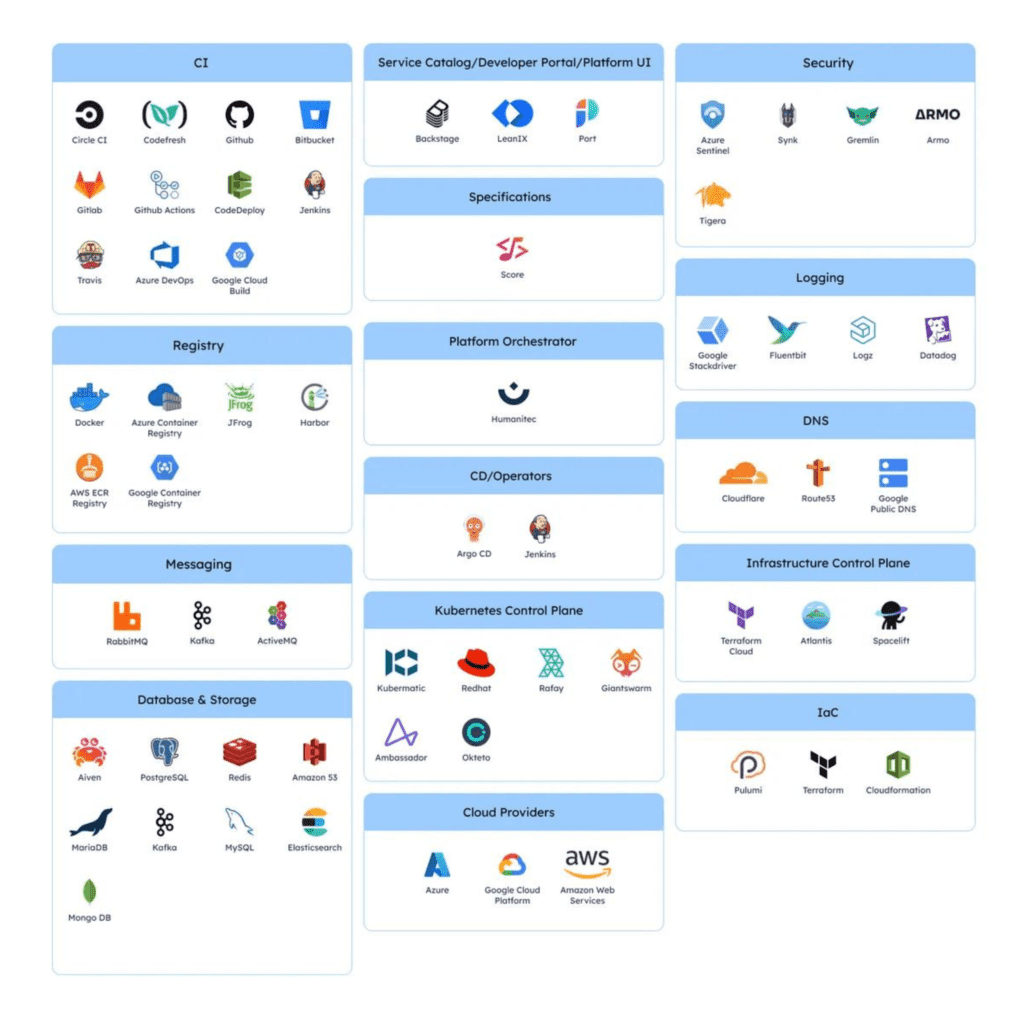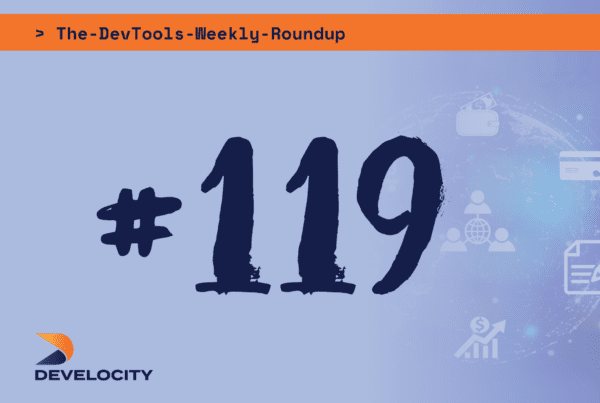Platform Engineering: Where did it come from, where is it now and what do you need to consider when contemplating a career as a Platform Engineer?
In recent years, there has been a growing demand for Platform Engineers. But what exactly is platform engineering?
Platform engineering is a fast-growing field that focuses on simplifying software delivery through architecting an internal developer platform (IDP) that provides a common set of platforms for internal developers to build on. It aims to save developers time from reinventing the wheel at each stage of the software development lifecycle. At its core, platform engineering aims to provide a self-service model for developers, allowing them to focus on building applications rather than managing infrastructure.
So where did platform engineering come from?
The concept has been around for some time, but it has gained momentum with the rise of DevOps and the cloud. Platform Engineering has naturally evolved from DevOps and Site Reliability Engineering (SRE) incorporating the DevOps philosophy of “you build it, you run it”. With the clouds emergence, companies started to realise that they needed to provide their developers with the right tools and environments to enable them to work efficiently in this new paradigm. The DevOps movement emphasised the need for collaboration between development and operations teams, and platform engineering provides a framework for that collaboration.
How important is Platform Engineering now?
According to several sources, including Humanitec’s State of Platform Engineering Report (get your copy here – Whitepaper: State of Platform Engineering Report Volume 1 | Humanitec) it is “one of the hottest trends in DevOps and infrastructure…the community growth speaks for itself. In the two years since its inception, the platform engineering community has seen the creation of nineteen Meetup groups pop up around the globe, with individual groups like Platform Engineers Austin gaining over 2k members. The Platform Engineering Slack has over 5k engaged contributors. In Summer 2022, the first every platform engineering conference, PlatformCon, attracted over 6k attendees.”
More evidence for the growth of Platform Engineering can be seen in the expansion of the tooling market for building IDPs. Building a platform is a complex task that requires careful consideration of the organisations requirements, technical architecture, and available tools. There are many ways to build a platform, and there is no one-size-fits-all solution, despite what some vendors may promise. The graphic below from Humanitec’s report provides an overview of the different categories of tooling available and some of the key players.

Developer Tools for Platform Engineering – Humanitec State of Platform Engineering Report
What do you need to consider when contemplating a career as a Platform Engineer?
First and foremost, you need to have a solid understanding of software development and the principles of DevOps. You should have experience working with infrastructure as code, configuration management tools, and containerisation technologies. Familiarity with cloud platforms like AWS, GCP, or Azure is also essential.
Secondly, as a Platform Engineer, you will be responsible for designing, building, and maintaining internal developer platforms. This means that you need to be an excellent communicator and collaborator. You must work closely with developers, operations teams, and stakeholders to understand their needs and requirements and provide them with the tools and environments that enable them to build and deploy software rapidly and reliably.
Finally, Platform Engineers need to be flexible and adaptable. The technology landscape is constantly changing, and Platform Engineers need to be up to date with the latest developments and best practices. They must be able to learn quickly and apply that knowledge to their work.
Platform engineering is an exciting field with a lot of potential for growth, innovation, and reward! In Europe, the average salary for a platform engineer is $104.622.39 and in the USA it’s significantly more at $181,601.79. If you’re considering a career in platform engineering, keep in mind that salaries can vary widely depending on size and stage of company, as well as the location of your employer.
If you are looking for a new role within the Platform Engineering space, or if you’re looking for individuals with Platform Engineering experience, we are more than happy to discuss potential opportunities with you.
Contact us today or reach out to Louise Ogilvy on Linkedin.



